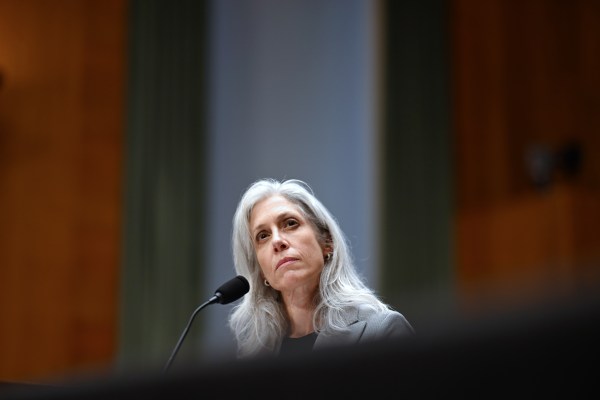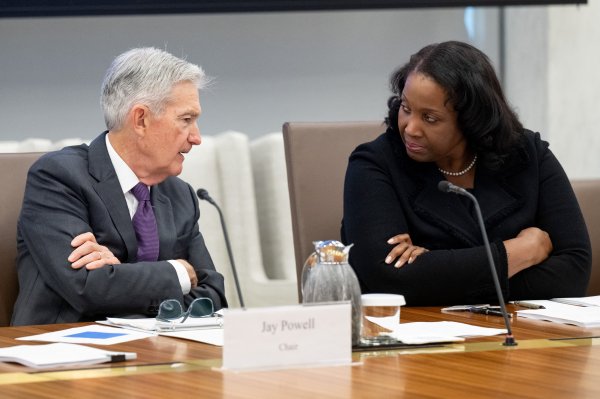A viral tweet shows a video of Dr. Anthony Fauci speaking with Meta CEO Mark Zuckerberg and makes the claim that, “Dr. Fauci opens up the possibility that the COVID-19 vaccine could be making people more likely to be infected with the virus.” In the clip, Fauci tells Zuckerberg that “this would not be the first time, if it happened, that a vaccine that looked good in initial safety actually made people worse.”
The original tweet has been shared more than 16,000 times and liked more than 15,000 times and has received further attention with repostings on Instagram and Facebook.
The same clip was shared by TrendingPolitics on December 14 within an article headlined: “Dr. Fauci Admits That Covid Vaccines May Actually Make People ‘Worse’: “It Would Not Be The First Time.”
The claim that Fauci admitted that the COVID-19 vaccine may make people “worse” or “more likely to be infected with the virus,” is false.
The clip in question has been taken out of context and is actually from March 2020, and not as recent as this month, as the posts and article imply.
Zuckerberg live-streamed the almost 40-minute interview with Facui on Facebook live at the start of the COVID-19 pandemic, where Fauci discussed social distancing, shelter in place orders, and a COVID-19 vaccine, which did not yet exist.
At one point in the interview Zuckerberg asked Fauci about a COVID-19 vaccine, and more specifically, “where are we in the vaccine development” and the timeframe for a potential vaccine to go through all the various clinical trials. Zuckerberg then goes on to ask Fauci why the vaccines can’t be rolled out more aggressively once they've gone through safety trials, even if effectiveness isn’t proven.
Fauci responds by explaining how vaccines, in general, can “look good” initially, but could actually make people worse. It’s important to emphasize that Fauci’s response, which is being used out of context, is not about the COVID-19 vaccine specifically, but about vaccine trials more generally.
The relevant portion of Fauci’s response is: “The initial safety study, Mark, is to see, if I inject it in the arm, does it have some sort of idiosyncratic or bad reaction? There's another element to safety, and that is, if you vaccinate someone and they make an antibody response, and then they get exposed and infected, does the response that you induced actually enhance the infection and make it worse? And the only way you'll know that is if you do an extended study, not in a normal volunteer who has no risk of infection, but in people who are out there in a risk situation. This would not be the first time, if it happened, that a vaccine that looked good in initial safety actually made people worse.”
Fauci then goes on to mention a specific example of a vaccine that did in fact make recipients worse, again, only to emphasize the importance of completing all safety trials and not as a comment on the COVID-19 vaccine.
“There was the history of the respiratory syncytial virus vaccine in children which, paradoxically, made the children worse,” Fauci said. “One of the HIV vaccines that we tested several years ago actually made individuals more likely to get infected.”
In March 2020, when this interview occurred, there was not yet a COVID-19 vaccine, so Fauci could not have been commenting on the safety of the COVID-19 vaccine. The first COVID-19 vaccine wasn’t administered in the U.S. until December 2020, and Fauci was referring to the medical community’s general caution in testing new vaccines, not about any coronavirus vaccines now available.
If you have a claim you would like to see us fact check, please send us an email at factcheck@thedispatch.com. If you would like to suggest a correction to this piece or any other Dispatch article, please email corrections@thedispatch.com.





Please note that we at The Dispatch hold ourselves, our work, and our commenters to a higher standard than other places on the internet. We welcome comments that foster genuine debate or discussion—including comments critical of us or our work—but responses that include ad hominem attacks on fellow Dispatch members or are intended to stoke fear and anger may be moderated.
With your membership, you only have the ability to comment on The Morning Dispatch articles. Consider upgrading to join the conversation everywhere.